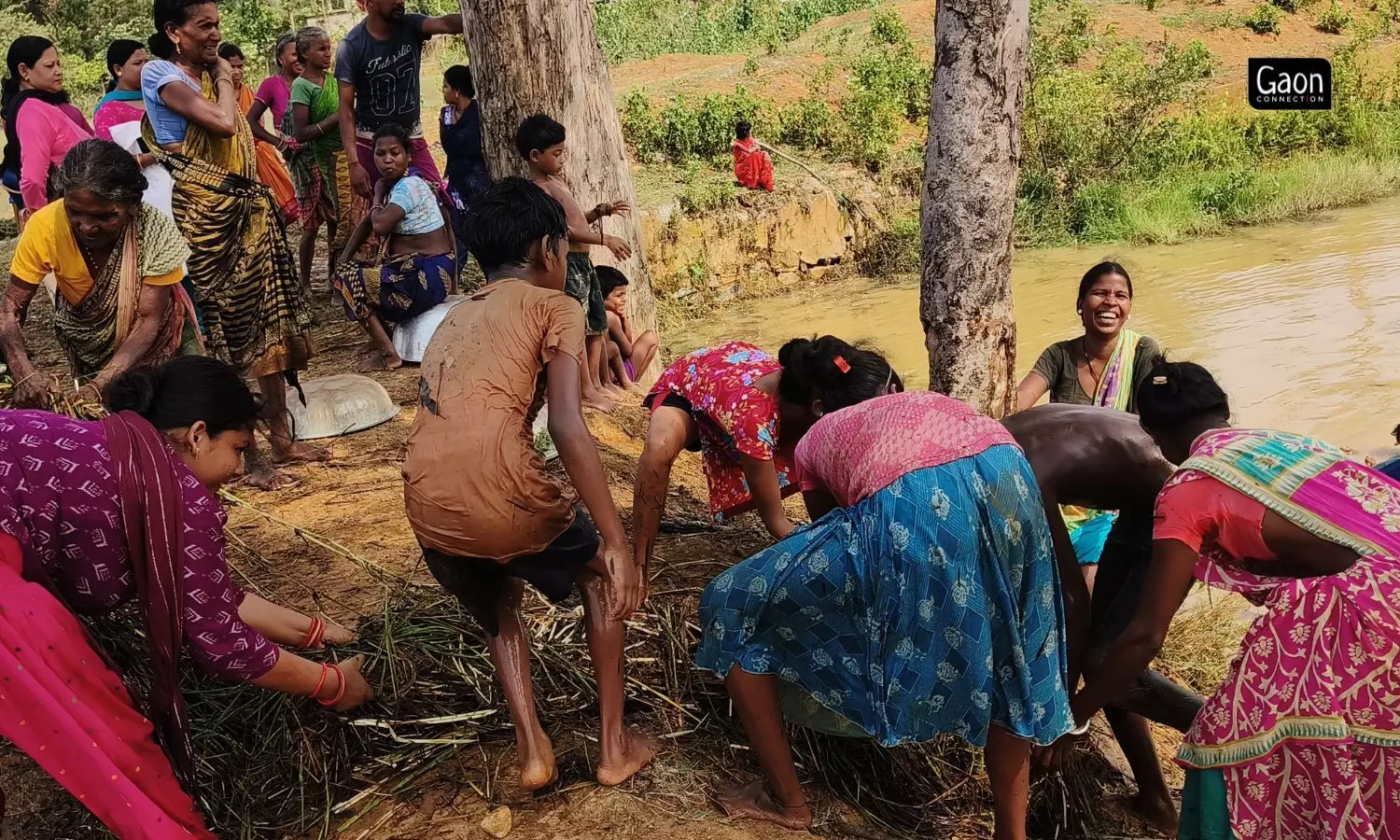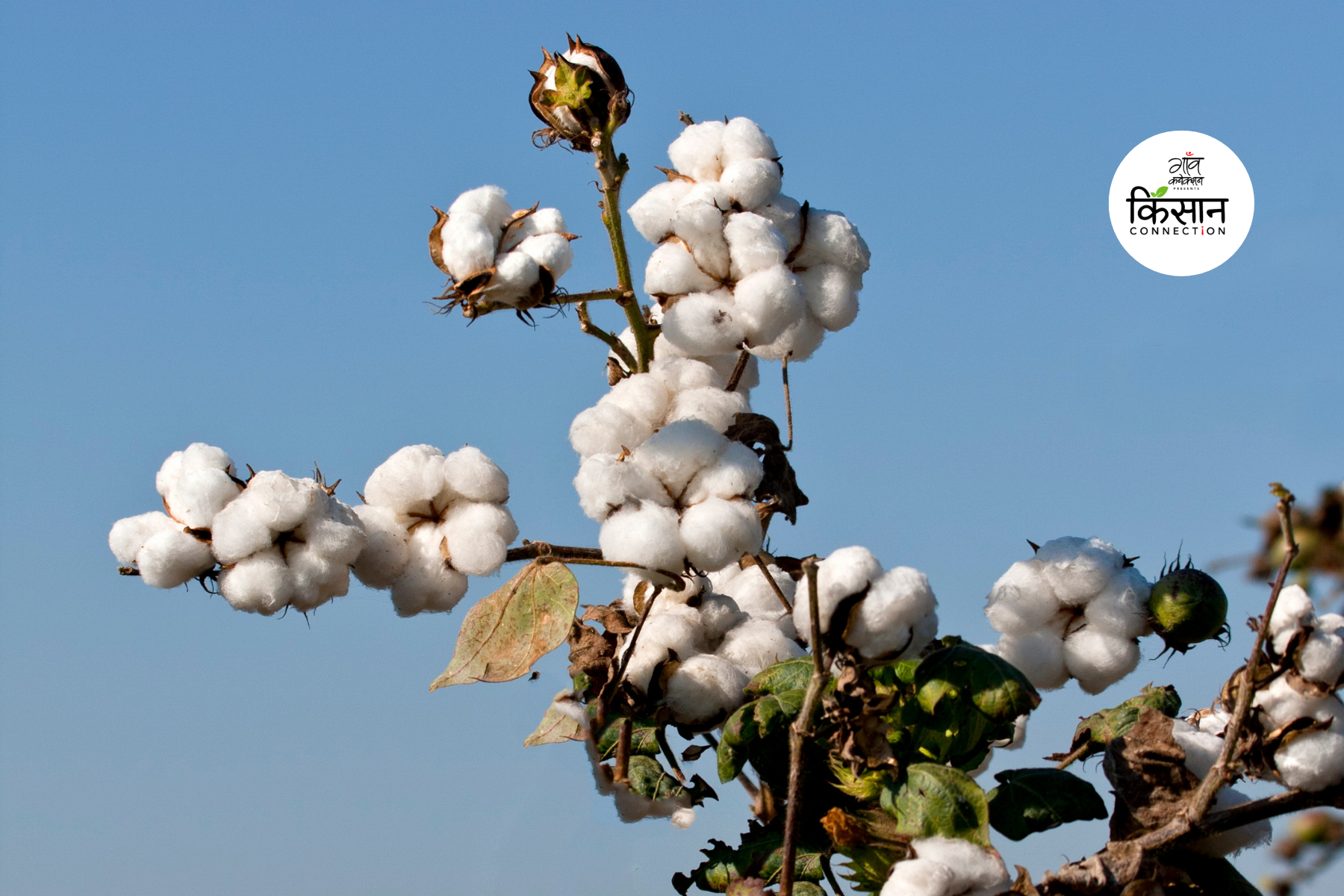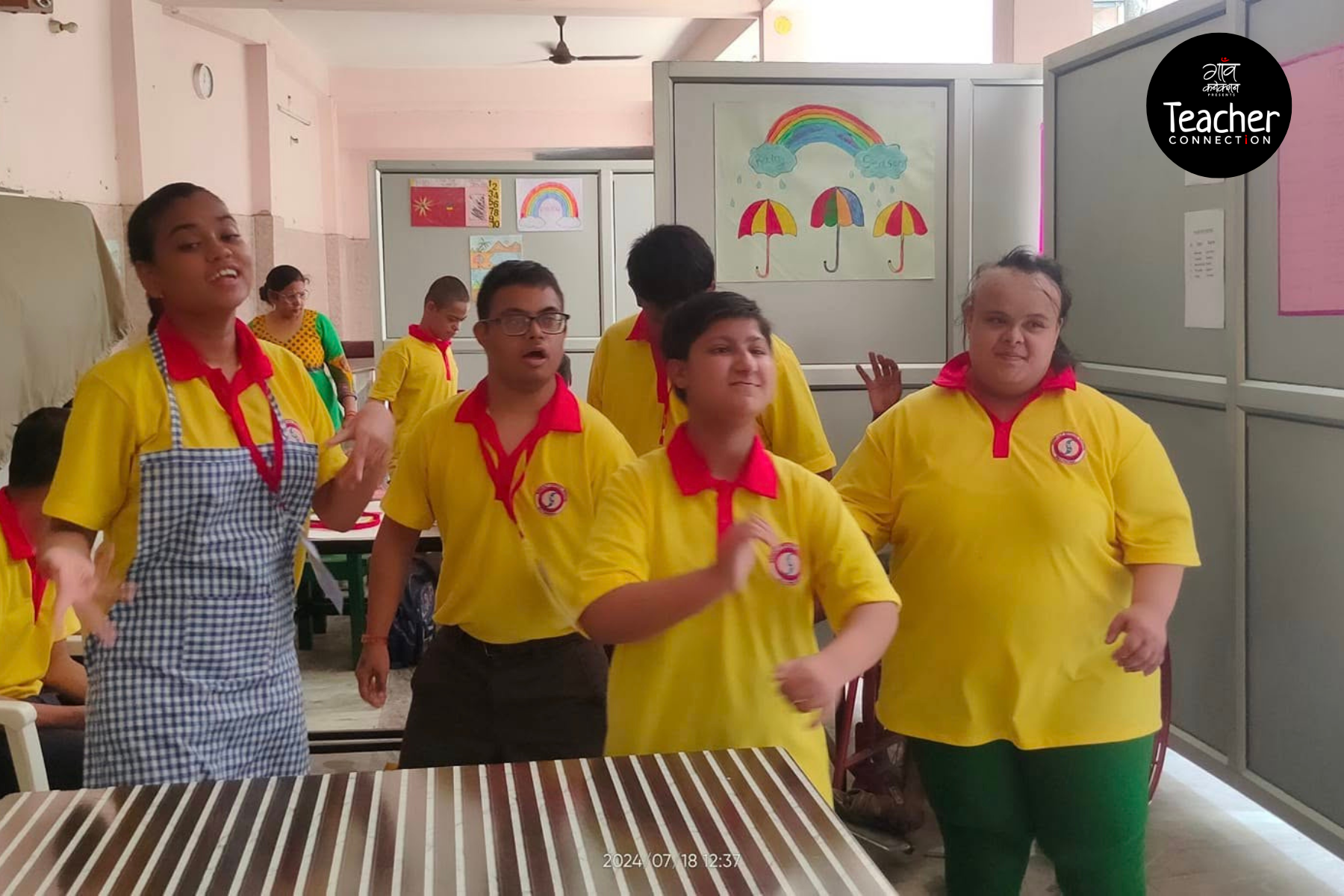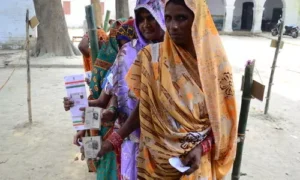Tari village (Jajpur), Odisha
Even in peak summer heat, the tribal village of Tari in Gobardhanpur panchayat wears a ‘green’ look. Farmers in this village in Jajpur district of Odisha grow vegetables and women manage their organic nutri-gardens.
But just a couple of years back, the village used to face acute water shortage in the summer season. Farming activities were restricted and water-borne diseases were widespread due to lack of safe drinking water.
Realising the seriousness of the situation, women in the village decided to come together to address the water problem, and desilted and cleaned their village pond, which has transformed their lives.
But the journey was not simple. “Without water, it was becoming very difficult to maintain hygiene especially during menstruation. For girls hitting puberty, it was becoming even more difficult. Also, diseases like diarrhoea, cholera, and typhoid were on the rise in the village. We had to do something for the sake of our children,” said Laxmi Buduli, who actively participated in the pond cleaning exercise.
Also Read: Harvesting rainwater saves the day for residents of a tribal village in Jharkhand
Following rounds of discussions, the women in the village realised that their best shot was a local pond that was in a dilapidated condition for years. “We felt that instead of looking for water options outside the village, we need to garner available resources to make life easier. Initially, we were scared because the condition in the pond was extremely horrible. There were snakes, sludge, and dirt. But we were determined to revive it,” said Nandini Hananga, one of the members of the village.

Just a couple of years back, the village used to face acute water shortage in the summer season.
The women got together and dived into the dirty pond and cleaned it bit by bit and soon it came back to life, she added.
Bringing the village community together
What began as a single-handed effort by few women soon turned into a participatory community engagement through shifting of mindsets of the male members and youth in the village.
“When we pitched the idea to the male members of the family, many were reluctant. Some also made fun thinking that we will never be able to pull it off. But, when we started hosting meetings, gathering ourselves together and began work, they came forward to help us,” said Tulasi Hananga, another member of the village.
“The youngsters were so enthusiastic that they jumped into the pond with us which made work easier and helped us wrap that up in a day’s time,” she added.
The pond now has water all through the year. People in the community are elated and have begun cultivation of vegetables and other crops, which consume less water for irrigation. Many women have set up nutrition gardens next to their houses and are growing a variety of organic food items.
Women and water
Women’s crucial role in water issues was recognized by the world almost three decades ago. At the 1992 United Nations Conference on Environment and Development, it was agreed that “women play a central part in the provision, management and safeguarding of water.”
“Odisha is a pioneering state in water conservation, and we also promote involvement of women in the process. The state government has a lot of plans to hone the potential of women and involve them in the state’s water conservation plans and I feel our achievement can set an example for others,” said Sukadev Mohanty, sarpanch of the village.

Women’s crucial role in water issues was recognized by the world almost three decades ago.
Recently, Odisha was conferred with the National Water Awards 2022 as the second-best state for the outstanding work done in the field of water resources conservation and management. The first-ever census of water bodies conducted by the Jal Shakti Ministry found that 89.2 per cent (1,62,207) water bodies in Odisha are in use, whereas the rest 10.8 per cent (19,630) are not in use on account of drying up, siltation, salinity, destruction beyond repair and other reasons.
Also Read: Rajasthan: Digging ponds to capture rainwater helps Dholpur farmers cultivate wheat for the first time
According to Mohanty, the women of Tari have now become self-reliant and are not only taking up other developmental activities but also inspiring women in the panchayat to come forward and speak for themselves. Women from nearby villages come up to them seeking help on how to gather themselves and take up participatory work in their communities.

The women in the village got together and dived into the dirty pond and cleaned it bit by bit and soon it came back to life.
What added as a catalyst to the entire process was a training programme by Tata Steel Foundation which helped the tribal women realise their potential with dignity. The foundation engages with women through the Project DISHA that involves a six-module training on gender and leadership, role of women in self-governance, and networking and advocacy skills for collective voices.
Anwesha Ambaly is a development communications professional with more than 10 years of experience and is presently working with Tata Steel Foundation. Views are personal.




















